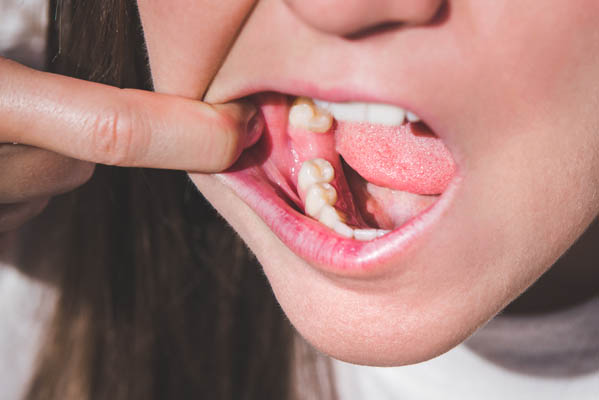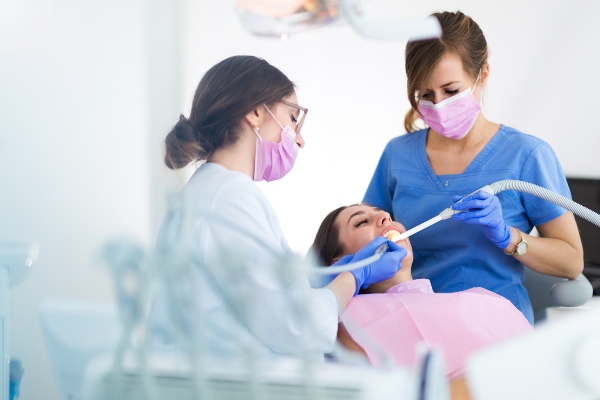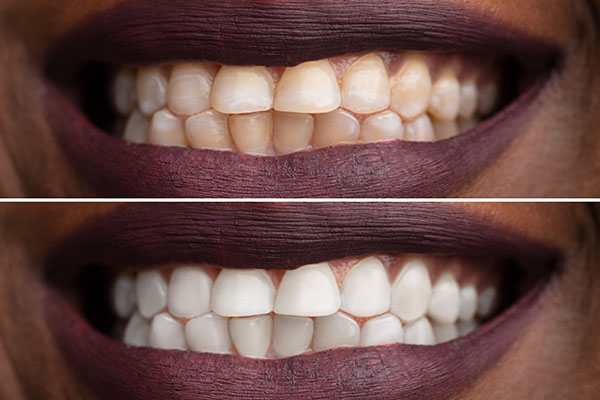Home Care After a Tooth Extraction
After a procedure, it is important to follow the aftercare tips provided by the dentist to ensure full healing and prevent complications. The first few days after the treatment are crucial, and a quick recovery will mean that you can resume your normal activities as soon as possible. This article highlights a few routines to follow at home after the procedure.
Home after care instructions
It is important to avoid any activity that might disrupt the healing process. This means limiting exercises, not rinsing vigorously, avoiding smoking or alcohol intake and not brushing around the area for at least three days.
Handling bleeding
After the tooth extraction, a blood clot will form naturally to halt bleeding and initiate the healing process. The dentist will ask the patient to bite on a gauze pad for a few minutes after the appointment. If the bleeding or oozing continues, the patient should replace the gauze pad and bite firmly for at least 30 minutes. This can be repeated several times until the bleeding stops.
Patients need to be careful not to disturb the clot and avoid vigorous exercise for at least a day after the tooth extraction. This may increase blood pressure and cause more bleeding, break the clot and prevent quick healing. If the bleeding continues, be sure to reach out to the dentist immediately.
Handling swelling and pain
If a tooth has been extracted, patients may experience pain and swelling. This often occurs as part of the healing and recovery process. Applying an ice pack or closed bag of frozen peas over the area will reduce the swelling. Swelling should subside within a day or two.
The patients may also need to take pain medications and antibiotics according to the dentist’s instructions. This will help reduce pain and prevent infection. Patients must continue to take the prescribed antibiotics for the specified duration, even if they are no longer experiencing signs of pain or infection. If the medication seems to be ineffective for the pain, contact the dental office.
Diet
On the day of the procedure, patients need to take in as many fluids and nutritious, soft foods as they can. Unless otherwise instructed, normal meals can resume as soon as the patient feels comfortable enough. If nausea sets in after the procedure, drink flat soda (like Pepsi or Coke) or eat soda crackers.
Oral hygiene
With tooth extraction, it is important to keep the mouth clean for proper healing. Therefore, a normal dental routine should resume after a day. This means brushing and flossing the teeth at least once or twice a day. Keeping the mouth clean will help keep infection away and ensure quick healing after the procedure.
Final note
If severe bleeding pain or swelling persists for another two or three days or you experience an adverse reaction to medications after a tooth extraction, please reach out to the general dentist. The home care instructions provided should help ensure healing and recovery.
Request an appointment here: https://crossstreetfamilydentistry.com or call Cross Street Family Dentistry at (978) 867-0190 for an appointment in our Peabody office.
Check out what others are saying about our dental services on Yelp: .
Related Posts
Dealing with problematic teeth is vital to your current and future oral health, and sometimes this includes tooth extraction. Various dental issues can necessitate an extraction, but it is also important to note that not replacing the extracted tooth or teeth can harm your dental health. However, there are several methods and options to consider…
Tooth extraction is a relatively common procedure as teeth become decayed, which results in a need for removal. Many people who are living with problematic teeth automatically assume that these teeth need to be extracted from the mouth, however, sometimes they can be salvaged by a general dentist. It is good to know when a…
Many dentists have limited their practices to emergency dentistry in response to the Centers for Disease Control's COVID-19 guidelines for healthcare providers and dentists. The coronavirus is an airborne microorganism that infects people by attaching itself to mucus membranes in the nose and mouth. It is a highly contagious virus that remains active on some…
Replacing a missing tooth as soon as possible helps prevent issues that lost teeth can cause, like bone tissue deterioration in the jaw, an increased risk of tooth decay, and the remaining teeth moving out of their proper alignment.Let us take a look at a few of the benefits of replacing a missing tooth with…


